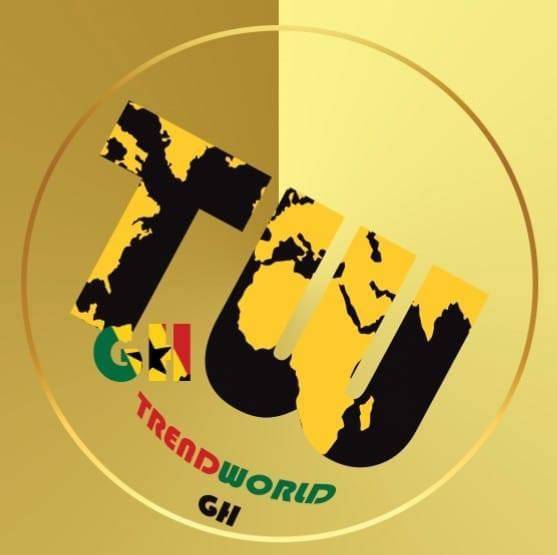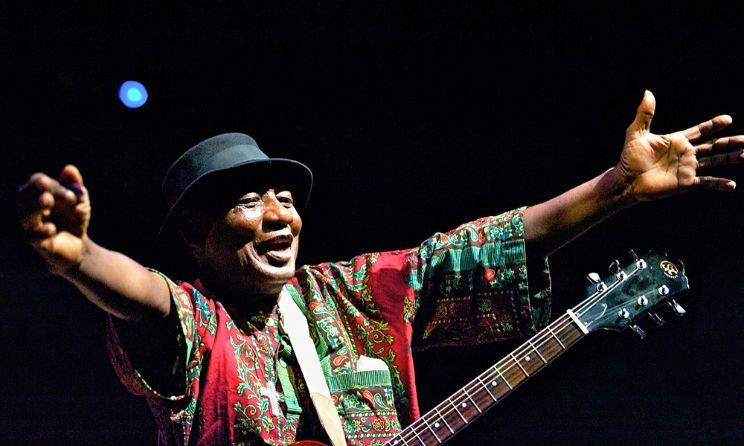Ebo Taylor: The Iconic Architect of Ghanaian Highlife and Afrobeat
Ebo Taylor, a legendary Ghanaian musician, composer, and guitarist, is one of the most influential figures in African music. With a career spanning over six decades, Taylor has played a pivotal role in shaping the sound and direction of highlife and Afrobeat. His ability to blend traditional Ghanaian rhythms with jazz, funk, and Afrobeat has earned him a revered spot in the pantheon of African music pioneers.
A Musical Journey from Saltpond to Global Fame
Born in 1936 in Saltpond, a coastal town in Ghana’s Central Region, Ebo Taylor was immersed in music from an early age. Saltpond, like many parts of Ghana, had a rich cultural heritage, and the traditional music of the Fante people heavily influenced Taylor’s childhood. Early exposure to these rhythms, coupled with his natural curiosity, sparked his passion for music.
As a teenager, Taylor began performing with local highlife bands, honing his skills on the guitar and learning to compose music. His talents quickly stood out, and he became a sought-after musician in Ghana’s bustling music scene.
In the late 1950s, Taylor’s musical ambitions took him to London, where he enrolled at the Eric Guilder School of Music. This period was a turning point for Taylor, as he was introduced to jazz, soul, and blues—genres that would later shape his sound. While in London, he connected with other African musicians, including the Nigerian Afrobeat pioneer Fela Kuti. These interactions encouraged Taylor to experiment with blending highlife’s vibrant rhythms with the improvisational and harmonic complexity of jazz.
Revolutionizing Highlife
Upon returning to Ghana in the 1960s, Ebo Taylor became a key figure in the highlife music scene. At the time, highlife was the dominant genre in Ghana and much of West Africa, characterized by its blend of traditional African rhythms and Western instrumentation. Taylor brought a fresh perspective to highlife, adding intricate arrangements and a distinctive jazz-inspired sensibility.
He collaborated with some of Ghana’s most renowned artists, including C.K. Mann and Pat Thomas, producing hit songs that remain classics today. As a producer and arranger, Taylor’s influence extended beyond his performances, shaping the sound of an entire generation of Ghanaian music.
One of Taylor’s unique contributions was his focus on socially conscious themes. In an era of political and cultural transformation in Ghana, his music often addressed issues of identity, unity, and liberation. This set him apart from many of his contemporaries, as his work resonated not only as entertainment but also as a reflection of the societal changes sweeping through post-independence Ghana.
Fusing Highlife with Afrobeat
Ebo Taylor’s relationship with Fela Kuti proved instrumental in his musical evolution. Inspired by Fela’s Afrobeat, which blended African rhythms with funk, soul, and jazz, Taylor began incorporating these elements into his own work. His music became groovier, with more complex arrangements and extended instrumental sections, while retaining the melodic charm of highlife.
Songs like Love and Death and Victory exemplify this fusion, combining infectious rhythms with poignant lyrics that speak to both personal and collective struggles. Taylor’s ability to merge traditional and contemporary styles created a sound that was uniquely African yet globally appealing.
Global Resurgence and Recognition
While Ebo Taylor enjoyed significant success in Ghana and West Africa during the 1960s and 1970s, his international recognition came later. In the 2000s, a renewed global interest in Afrobeat and African music brought his work to a wider audience. Labels such as Strut Records began reissuing his albums, and Taylor became a fixture at international music festivals.
Albums like Love and Death (2010) and Appia Kwa Bridge (2012) introduced Taylor’s music to a new generation of listeners. These projects not only showcased his timeless sound but also demonstrated his willingness to collaborate with younger artists and explore modern production techniques. Taylor’s music, while deeply rooted in tradition, has always been forward-thinking, reflecting his adaptability and creativity.
Legacy and Cultural Impact
Ebo Taylor’s contributions to highlife and Afrobeat have left an indelible legacy. His music continues to inspire artists across the globe, from Afrobeat pioneers like Tony Allen to contemporary musicians such as Burna Boy and Wizkid. Even Western artists, including bands like Vampire Weekend, have cited Taylor’s work as a significant influence.
Beyond his musical innovations, Taylor’s work represents the power of African storytelling. His compositions capture the essence of Ghanaian life—the celebrations, struggles, and aspirations of its people. Tracks such as African Woman and Ohye Atar Gyan reflect a deep connection to his roots while emphasizing themes of unity and resilience.
At over 80 years old, Ebo Taylor remains active in the music scene, performing and mentoring young artists. His longevity is a testament to his passion for music and his dedication to sharing Ghanaian culture with the world.
A Timeless Pioneer
Ebo Taylor is more than just a musician; he is a cultural icon and a bridge between generations. His ability to innovate while honoring tradition has ensured his place as one of Africa’s most enduring musical legends. Through his work, Taylor has not only preserved Ghana’s rich musical heritage but has also elevated it to the global stage, proving that music is a universal language capable of transcending borders and uniting people.
As the world continues to rediscover the magic of African music, Ebo Taylor’s legacy shines brightly, reminding us of the transformative power of creativity and cultural pride.
Let me know if you’d like any further refinements or specific additions!




No comments yet
Be the first to share your thoughts!